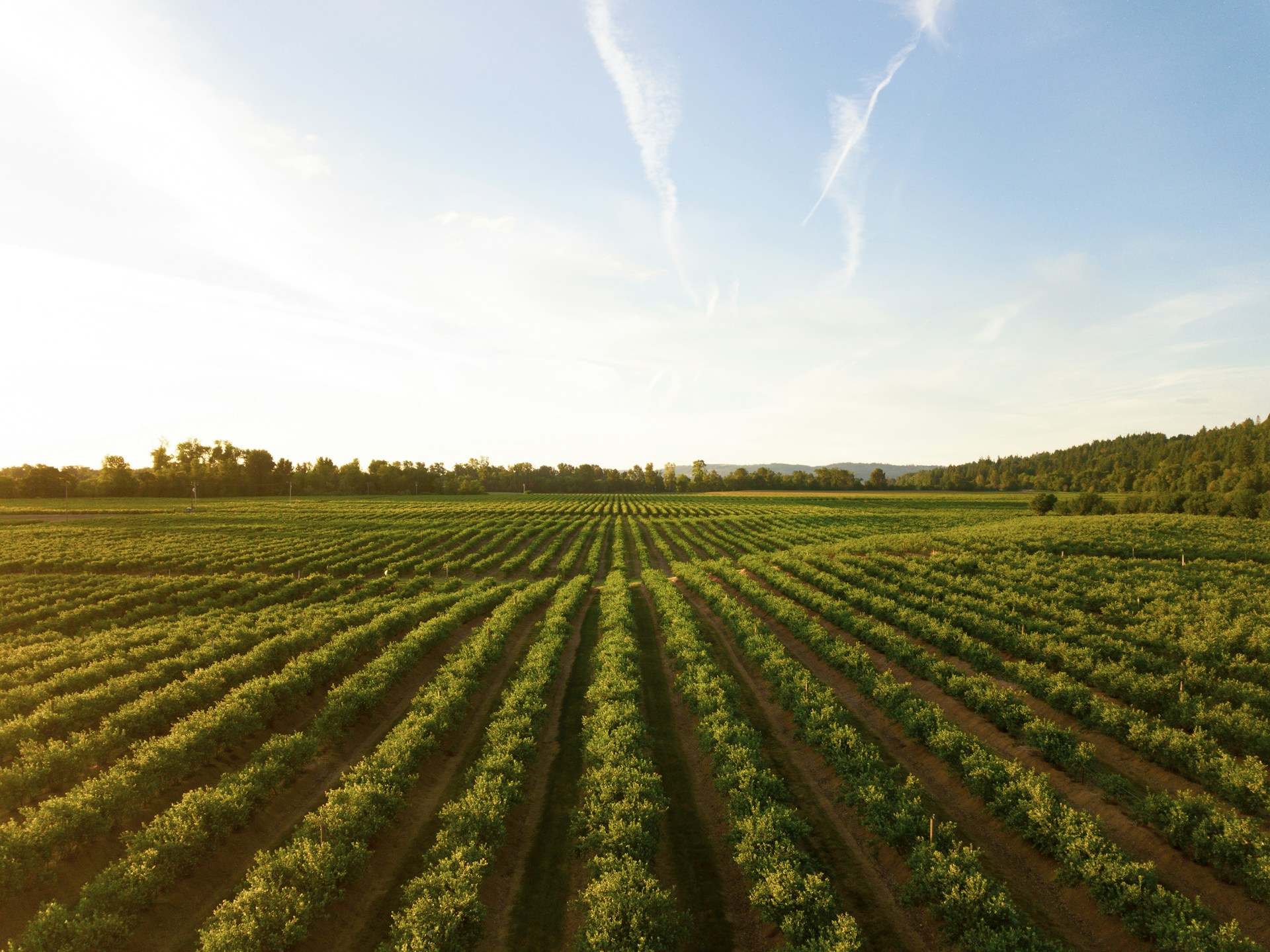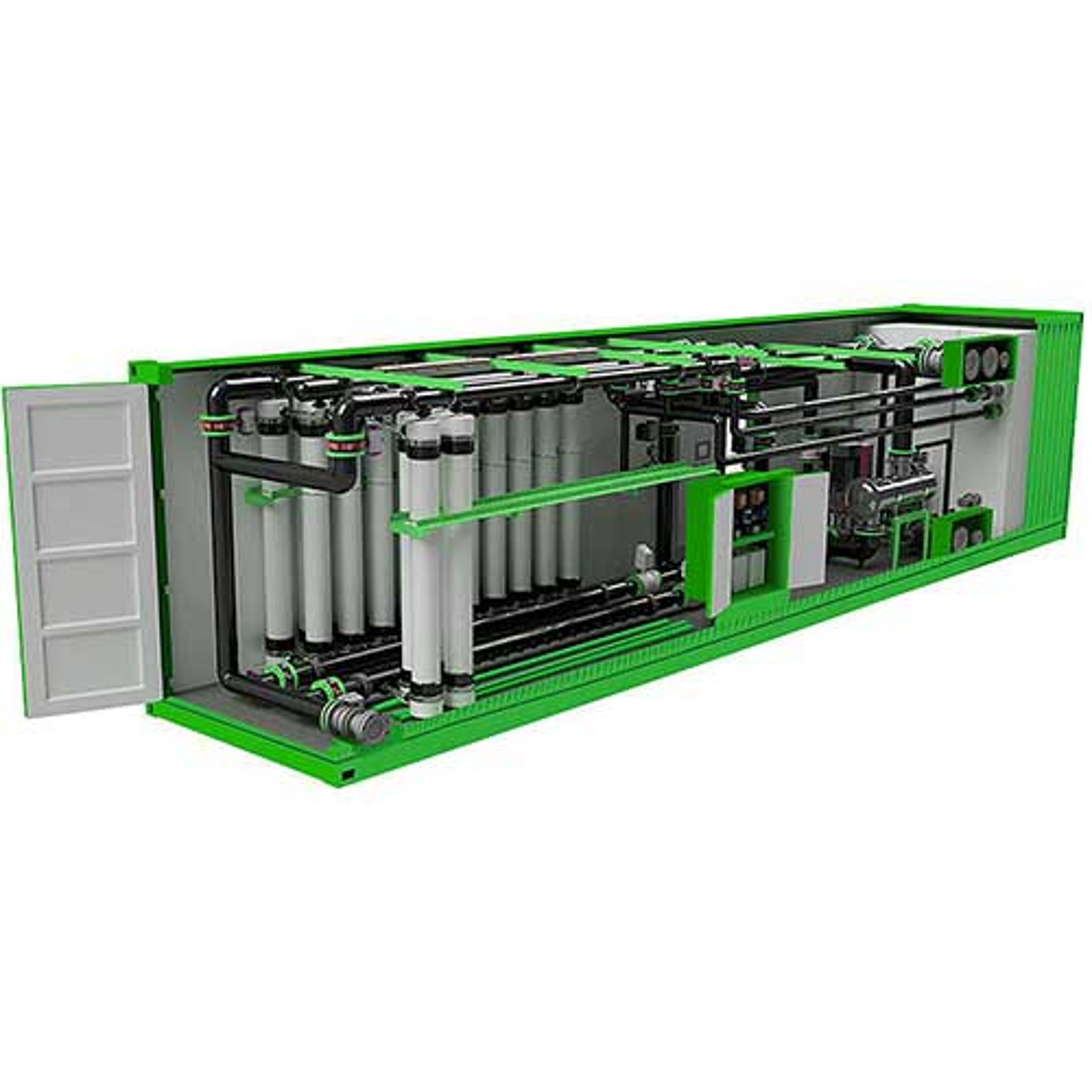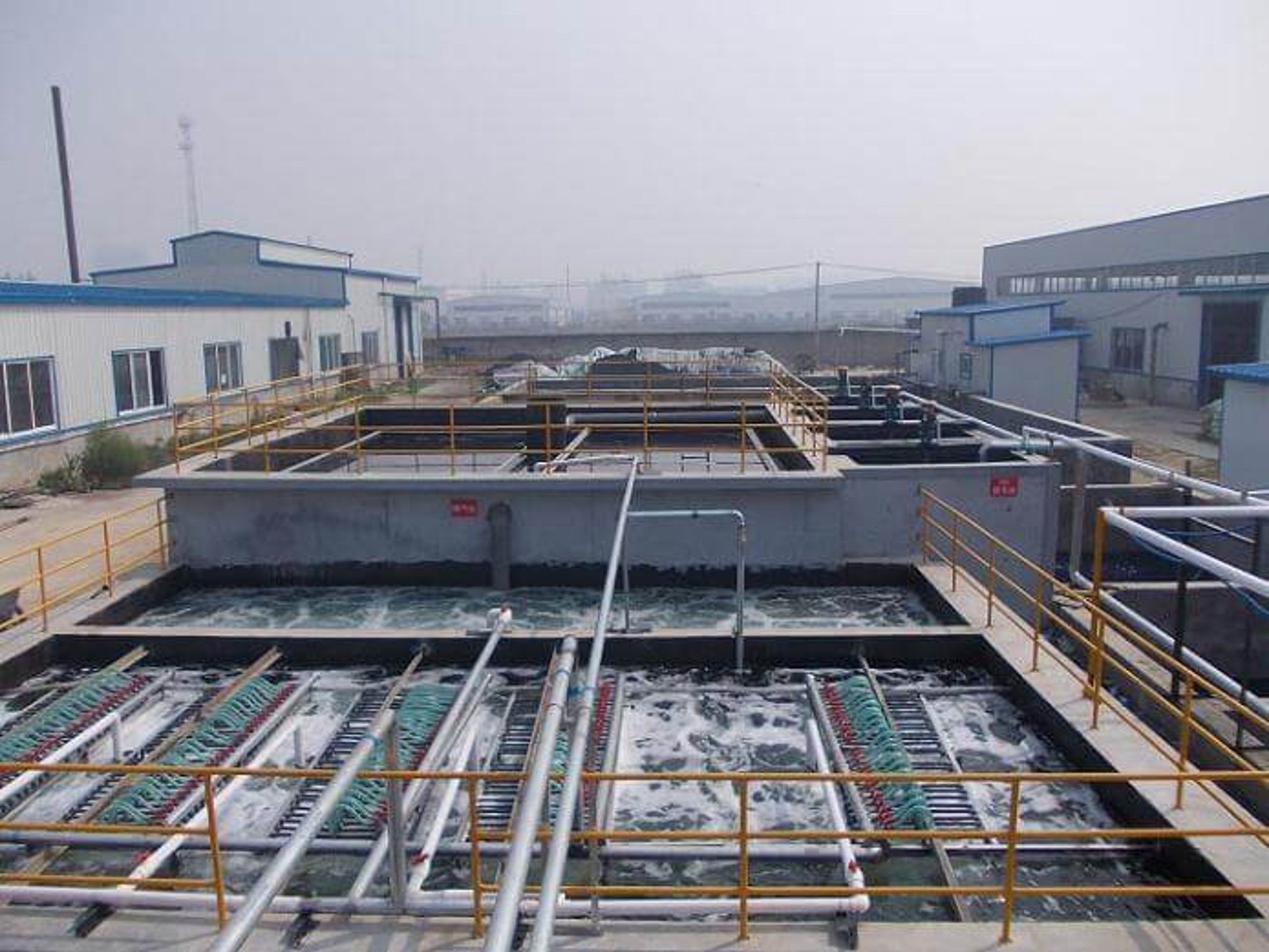
A TRUSTED PARTNER TO THE IRRIGATED AGRICULTURE INDUSTRY
Membrane Systems for Irrigated agriculture
Water is a critical input for agricultural production and plays an important role in food security. Irrigated agriculture represents 20 percent of the total cultivated land and contributes 40 percent of the total food produced worldwide. Irrigated agriculture is, on average, at least twice as productive per unit of land as rainfed agriculture, thereby allowing for more production intensification and crop diversification.
Membrane products and innovative solutions address the challenges in the agricultural water industry. These products can be used in two different ways:
In sprinkler and drip irrigation systems, to treat the feed supply to ensure the irrigation water is free of suspended solids and microbiology
In hydroculture and aquaponics systems, to improve the water quality in the closed-loop circulation system
Suspended solids will accumulate in the irrigation systems when run-off is minimized or eliminated, which typically occurs in closed-loop systems.
Left unaddressed, these suspended solids will cause a variety of problems, including blockage of nozzles or an adverse effect on plant growth.
Microbiology can cause plant pests. This can be minimized when the feed water to the system is free of microbiological contamination. In closed loop systems, the recirculated water can spread plant pests if not properly treated.
Membrane technology is a highly effective treatment option for ensuring a safe and consistent water supply that meets specific application requirements. It offers great potential for water recycling and reuse in agricultural environments, as well as for technologically advanced irrigation systems. This technology not only improves water quality but also reduces the footprint and energy consumption of water treatment plants, leading to more efficient operation at lower costs.
Both surface water and recycled effluent can contain microbiological contaminants, suspended solids, and dissolved organics that cause coloration. Memtik provides a reliable treatment system that eliminates the need for multiple treatment steps and can be enhanced through direct coagulation to produce aesthetically pleasing, color-free water. Additionally, Memtik water technology can be utilized in closed-loop circulation systems to control the amount of suspended solids and microbiological contaminants present.
Key Applications:
Water is essential for growth, and the quality of the water plays a key role in the health of vegetation and the yield, size, uniformity, and overall quality of crops. Municipal and Well Water used for irrigation can be high in salts, minerals, nitrates, iron, and other contaminants, introducing elements to the soil which can be detrimental to growth and crop yields. If left untreated over time, the effects accumulate as the salts and contaminants left in the soil become more concentrated. Using treated water not only promotes high quality crops immediately, but also the longevity of the useful life of soil.
In hydroculture and aquaponics systems, to improve the water quality in the closed-loop circulation system
Some Membrane Usage Example:
MF and UF – suspended solids removal
RO – Industrial effluent reuse

Our Capabilty & Strength
Reclamation & Recycling For Agriculture
Reused, recycled or reclaimed water is defined as that which has been used more than once before it returns back into the natural water cycle. Water reclamation and reuse have taken on new importance for all kinds of clients, as the cost of raw water rises, discharge violations increase and scarcity concerns become more widespread. In many cases, squeezing every drop out of the water and waste process has gone from superfluous to essential.
A Variety of Uses
The use of treated wastewater has grown sharply in the last several years, particularly in arid regions throughout the world. Nearly 50 million cubic meters of municipal wastewater are recycled daily worldwide. Recycling and reuse technologies make water more available, especially during droughts in some parts of the world, while reducing wastewater discharge into the environment. Recycled and treated wastewater has many uses, particularly non-domestic ones such as irrigation, industrial processes and the injection and storage of water into underground aquifers after additional treatment.
Common Treatment Technologies
The degree of treatment depends entirely on the desired quality of the recycled wastewater application. Wigen designs and builds a wide array of water treatment processes, providing the best technical solution for each specific need. Solutions include chemical and biological treatment, clarification, filtration, membranes (membrane bioreactors-MBR, ultrafiltration-UF, nanofiltration-NF and reverse osmosis-RO), ultraviolet disinfection, activated carbon and ozone.
Application Examples
Municipal: By reclaiming wastewater and redirecting the high-quality, treated effluent for non-potable applications, sustainable water sources can be developed to help meet growing population demands and overcome scarcity challenges. In many cases, the same water also can be injected into local aquifers to replenish supply.
Hydrocarbons: Through reclaiming and treating wastewater from the production process, a self-sustaining water supply can be created that reduces or eliminates discharge into tailing ponds or deep well injection.
Mining: By treating the water without discharging impurities created from the process, wastewater can be transformed into a source of fresh water, while also protecting the environment.
Refining: Treatment technologies can be deployed to remove contaminants such as oils and metals from the operation, while redirecting the water into a less critical industrial process or safely discharging residual wastewater back into the environment.

Process Water

Industrial Wastewater Recycle

Disinflection










